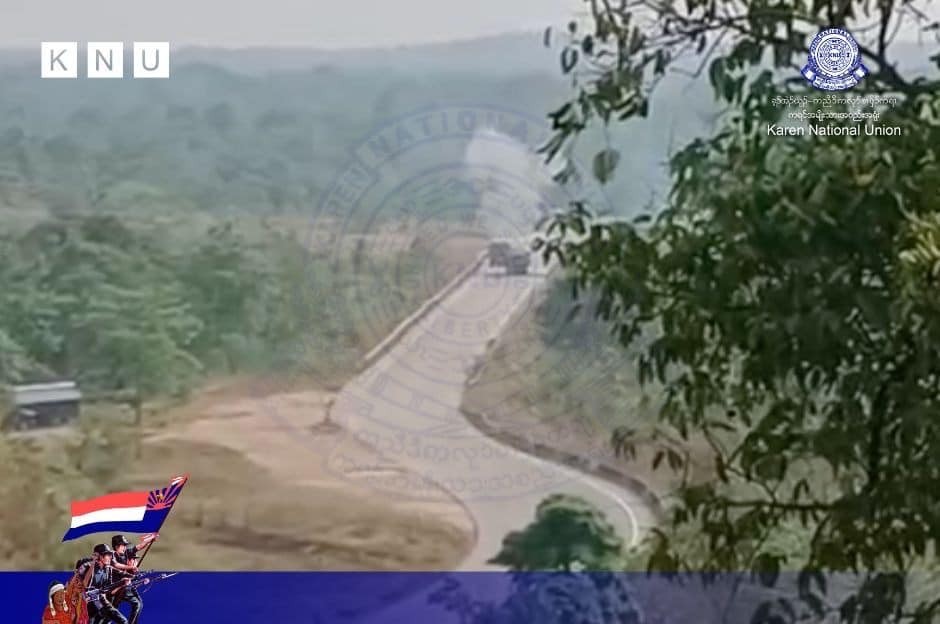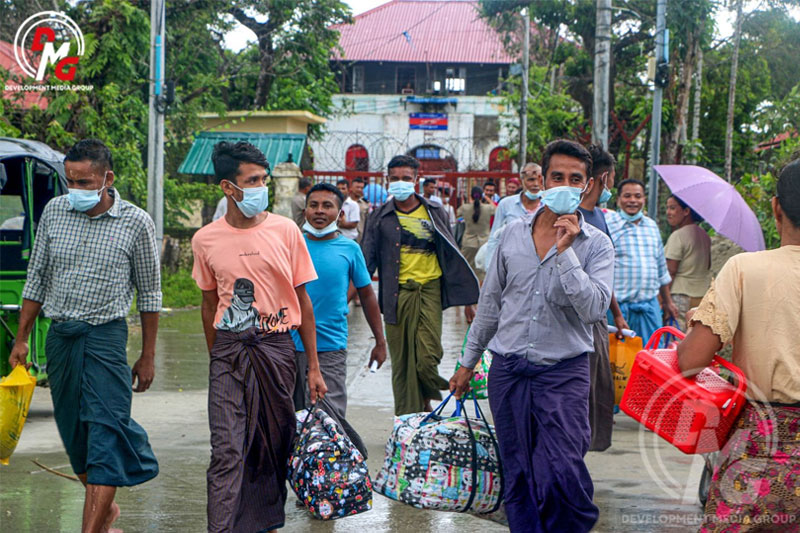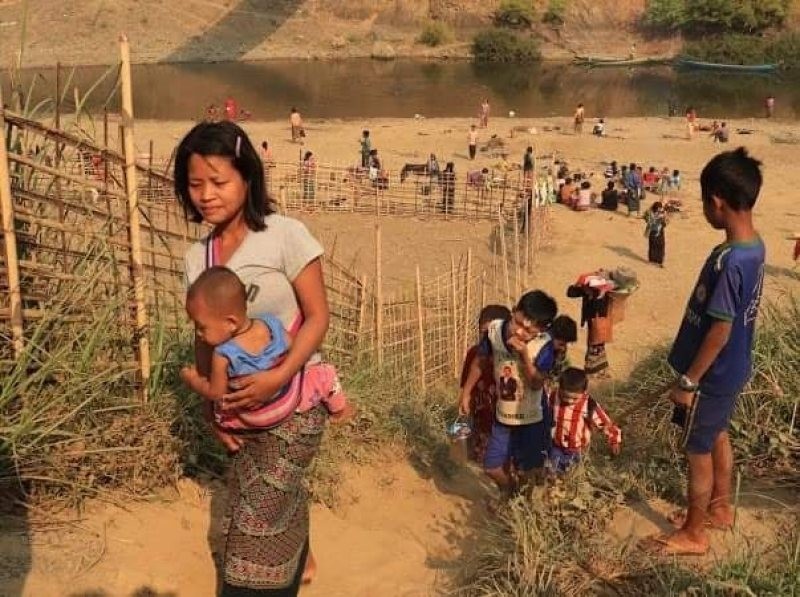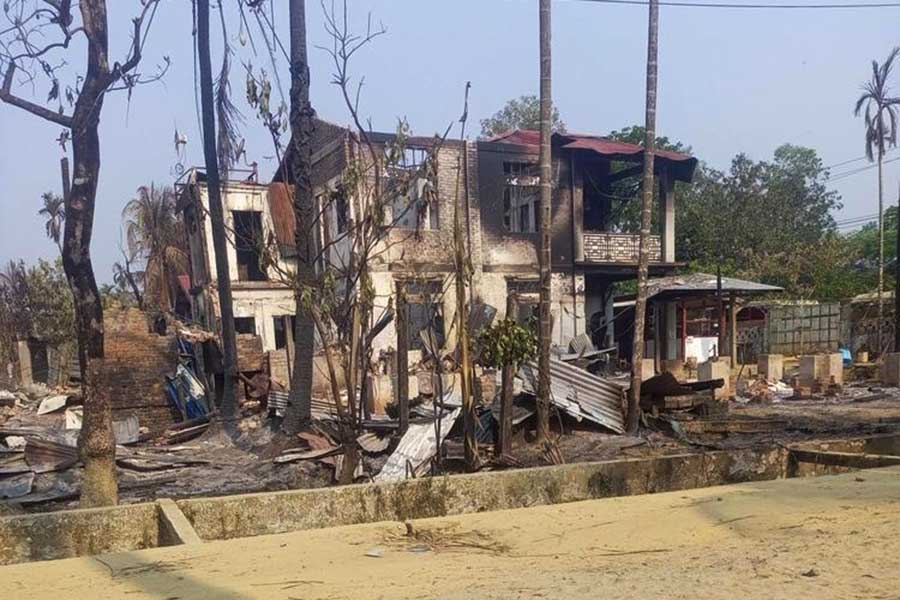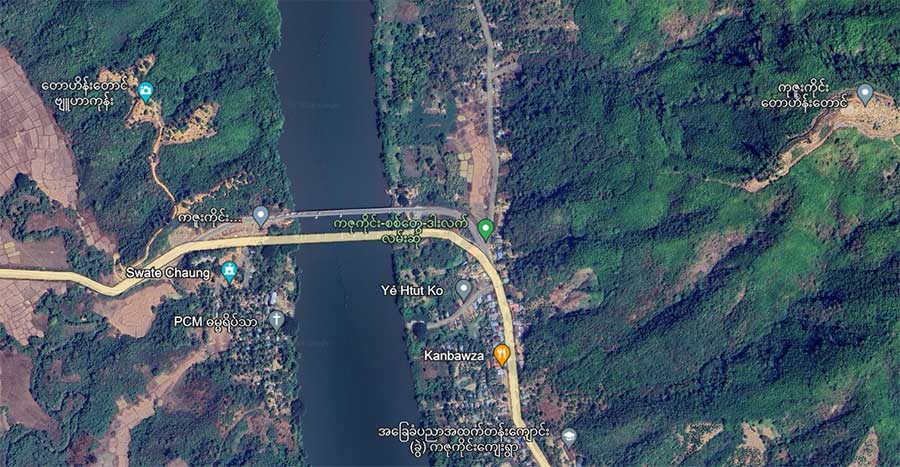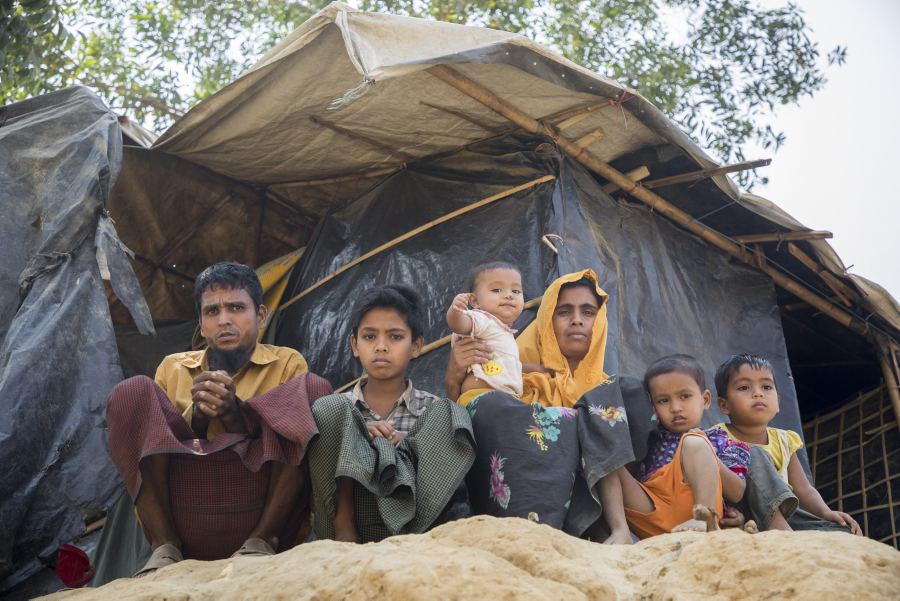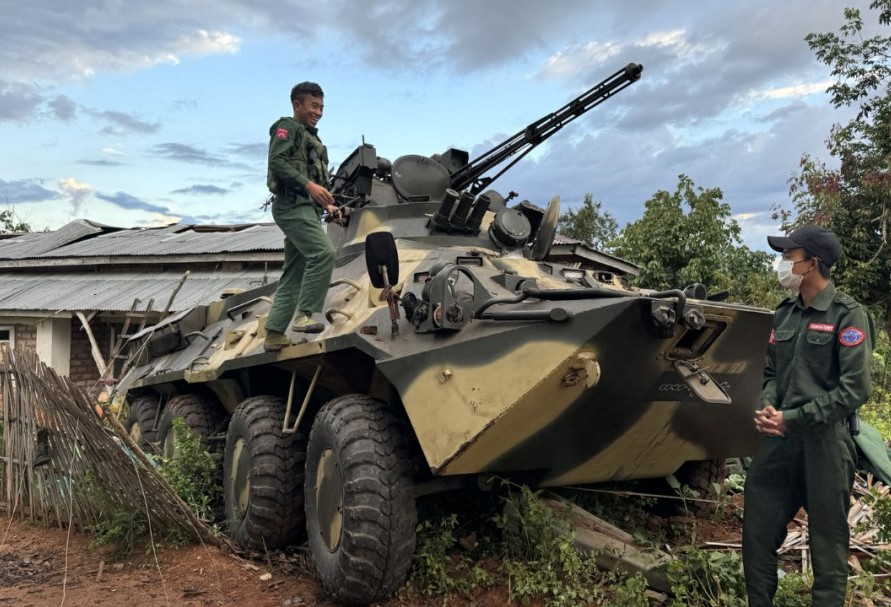- Ten Arakan State political prisoners released in Thingyan amnesty
- Two children injured in grenade attack at Muslim IDP camp in Sittwe
- Seven children injured in explosion of war remnant in Maungdaw Twsp
- Junta detains four local men in Kyaukphyu
- Regime-appointed Arakan State chief minister leads conscription drive
Nippon-funded rice distribution for Ann Twsp IDPs hampered by local authorities
A rice distribution programme funded by Japan’s Nippon Foundation, and targeting internally displaced people (IDPs) in Arakan State’s Ann Township, has been suspended due to lack of permission from the township Disaster Management Department and the General Administration Department.
19 Jun 2022
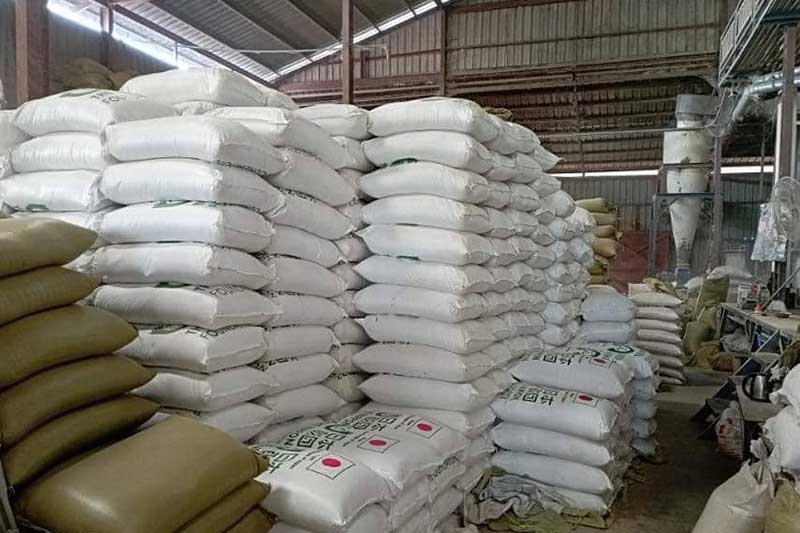
DMG Newsroom
19 June 2022, Ann
A rice distribution programme funded by Japan’s Nippon Foundation, and targeting internally displaced people (IDPs) in Arakan State’s Ann Township, has been suspended due to lack of permission from the township Disaster Management Department and the General Administration Department.
The Nippon Foundation has notified the township Disaster Management Department and the General Administration Department (GAD) about plans to distribute more than 3,000 bags of rice for IDPs in Ann Township, but the program has been suspended, said Ko Win Aung, a humanitarian coordinator.
“We have notified the township authorities of the arrival of the rice sacks. The township Disaster Management Department and the General Administration Department didn’t allow us to distribute rice to the IDPs. I think they have not received an instruction from their superiors about the distribution of rice,” he told DMG.
The rice bags are being stored at some religious edifices in Ann Township due to inconveniences, although efforts are being made to liaise with the Ann New Generation group and other relief organisations helping IDPs.
There are a total of more than 6,000 IDPs in Ann who have been assigned to receive rice, but more than 1,000 IDPs are taking shelter in downtown Ann due to the number of returnees.
“The rice bags aren’t donated by the government, so we [NGOs] don’t want to accept local authorities’ intervention in distributing rice. Food must reach the IDPs smoothly,” Ko Win Aung said.
“We are working in groups to distribute rice. We have not been able to say the exact date of the rice distribution, but we are working to get it as soon as possible,” U Htay Aung, the administrator of Ann Township, told DMG.
IDPs want the rice distribution program to be completed as soon as possible.
“A bag of rice is convenient for us in the rainy season because we are IDPs and we really need it,” U Than Cho, manager of No. 1 IDP camp in Ann, told DMG.
About US$1 million worth of rice bags for IDPs in Arakan State was donated by the Nippon Foundation through an agreement between the Arakan State military council and the United League of Arakan/Arakan Army (ULA/AA).
A total of 55,094 bags of rice were donated to IDPs in the second week of April, and an agreement has been reached with the local government to distribute them to 72 displacement camps in Arakan State.
Of that total, 19,956 rice sacks were slated for distribution to 33 displacement camps in Mrauk-U, Kyauktaw, Buthidaung, Ann, Minbya, Myebon, Ponnagyun, Rathedaung and Pauktaw townships in the first week of June. However, the rice distribution program has been suspended due to the current military tensions in Arakan State.
Other IDPs are also waiting for rice donated by the Nippon Foundation as they are struggling to make ends meet during the rainy season.
“A list of IDPs was compiled to be provided with rice. We will accept any kind of relief supplies because we are IDPs,” said Ko Oo Soe Naing, an information officer of Tinnyo IDP camp in Mrauk-U Township.
Yohei Sasakawa, Japan’s special envoy for national reconciliation in Myanmar, who is also chairman of the Nippon Foundation, pledged to donate US$200,000 to IDPs during his visit to Arakan State in November of last year.
Myanmar’s military and the Arakan Army have largely observed an informal ceasefire since November 2020, after two years of often-intense fighting. More than 200,000 people were displaced by the fighting in Arakan State, and while many returned to their homes following the 2020 ceasefire, tens of thousands remain at displacement camps.

